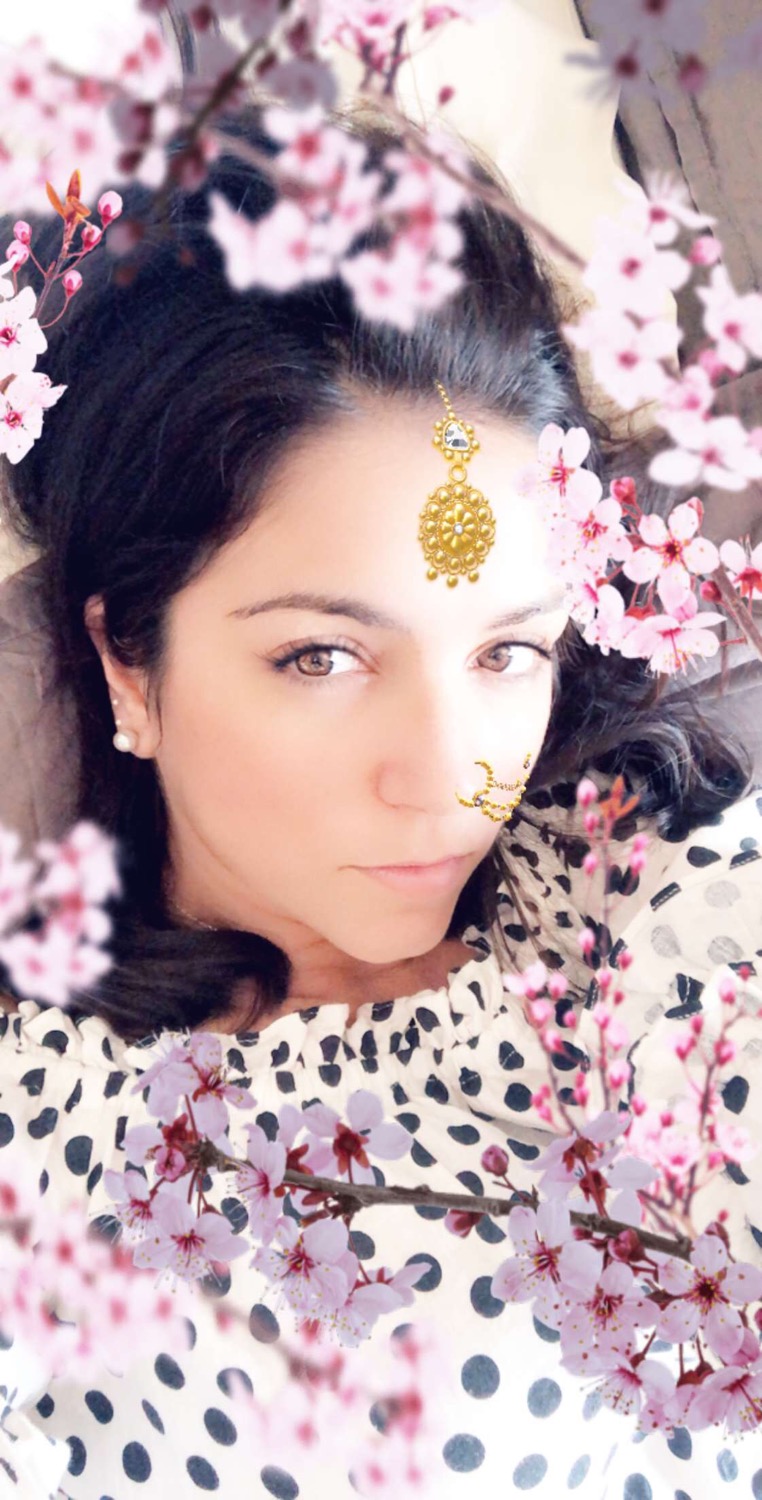Why shouldn't I kill myself Now? The truth about Time Management
- María Ollero
- Jun 3, 2025
- 3 min read
The Existential Truth Behind Time Management
“Why shouldn’t I kill myself now?”
This is one question that ancient philosophers used to asked themselves, not because they were nihilistic, but because they were deeply committed to living a meaningful life. By confronting the end, they hoped to better understand how to live fully. They didn’t seek productivity hacks or bullet journals. They sought clarity. Purpose. Presence.
They weren’t managing time to get more done, they were managing time to live well.
We've Lost That Depth
Today, “time management” has become a lifeless phrase. It’s been reduced to apps, calendars, and endless checklists. But if we stop and zoom out, something doesn’t add up.
We say we don’t have time, but that’s simply not true.
Our ancestors truly didn’t have time. Our grandparents, great-grandparents, they worked 10 to 12 hours a day, grew or cooked all their food from scratch, washed clothes by hand, stored nothing in fridges, and lived without the luxury of pressing a button to get what they needed.
Now? We have apps to shop for groceries. We can outsource cooking, cleaning, even sending birthday messages. Most of our admin life fits into the palm of our hand. And yet, we still say, “I don’t have time.”
So maybe the real problem isn’t time.
Maybe it’s how we relate to it.
Time as Currency: A Dangerous Illusion
We’ve come to measure time like money. Especially in high-performance, executive-driven cultures, time is literally monetized.
“One hour of my time costs \$100,” a director said. “So every hour I spend with my family, I’m losing money.”
But here’s the question:
If you were to die tomorrow, would that hour really be worth \$100?
Or would you wish you had hugged your child a little longer, walked outside with bare feet, or simply sat still and breathed?
When we reduce time to money, we rob it of its soul.
And yet, time is the most precious, non-refundable currency we have.
You can’t earn more. You can’t rewind it.
Once it’s spent, it’s gone.
So how do we spend it wisely?
Ask the Hard Question
This brings us back to the ancient question:
Why shouldn’t I kill myself now?
It’s not morbid, it’s revealing.
Because when you answer it, what you're really saying is:
“These are the things that make my life worth living.”
That answer will point you to what matters, what brings meaning, peace, joy, or connection. That’s your true compass. It’s how you reclaim your time.
Beyond To-Do Lists: Managing Energy, Not Just Time

Time management isn’t about checking more boxes.
It’s about aligning your life with what gives it weight, joy, and lightness. It’s about noticing where your energy goes, not just your hours. Are you spending your days in ways that nourish you, or just drain you?
Look at your calendar. Is it full of urgency, but empty of purpose?
Does it reflect who you are and what you value?
We need to redefine time management as something more honest, more human. It’s not about optimizing every second. It’s about making sure the life you’re living is one you won’t regret.
So, What Now?
You don’t need to overhaul your life overnight.
But maybe today, you can pause for a moment. Ask yourself:
What part of my day felt meaningful?
What drained me unnecessarily?
Where can I make space for what really matters?
Time, in the end, is just a measure of life passing by. It’s yours, until it isn’t.
So manage it with intention. Not to squeeze more in…
But to live a life that feels whole.
END
-------------
If you are interested on this topic and would like a workshop about Time Management, check out my website and let's connect!

With love,
Maria



Comments